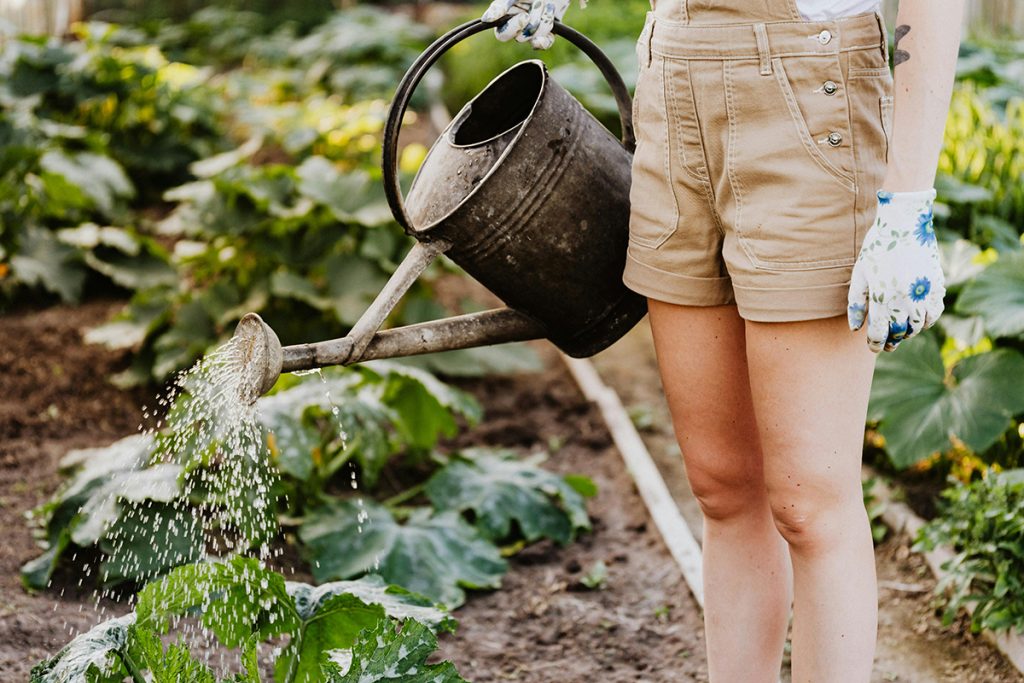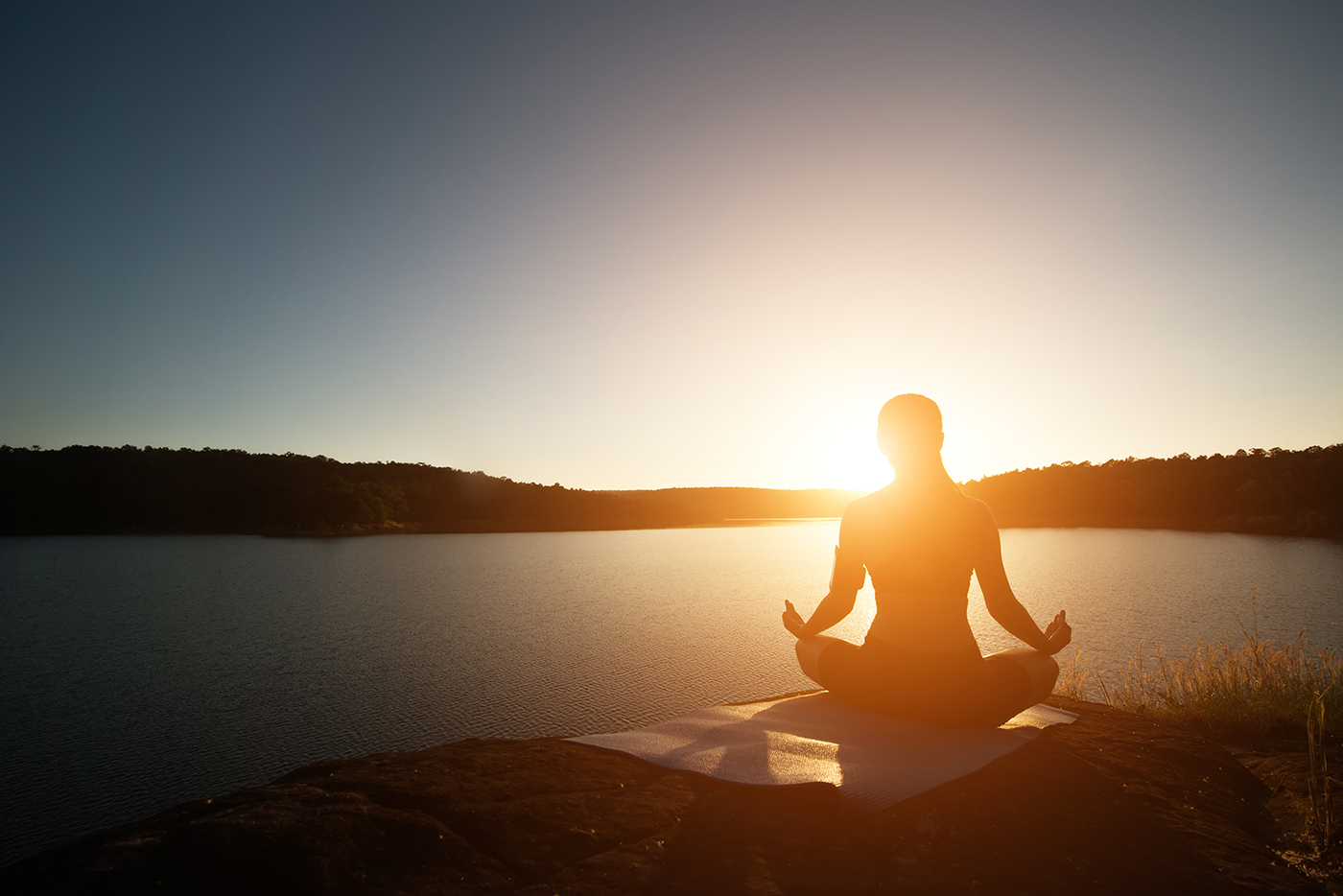Having a hobby is good for your body and brain!

When selecting a hobby, do you consider whether it’s not only enjoyable but also beneficial for your health?
If you haven’t, research has shown that various hobbies can provide significant physical and mental health benefits.
A recent study reviewed findings from five surveys focused on hobby engagement and mental well-being among individuals aged 65 and older. These surveys tracked over 93,000 older adults in the United States, Japan, China, and 13 European countries over four to eight years.
Across all locations, participants with hobbies reported fewer symptoms of depression and experienced greater health, happiness, and life satisfaction compared to those without hobbies. Interestingly, the specific hobby was less important than the level of engagement.
The research concluded that the benefits of hobbies are consistent across different countries and cultural settings. With so many options available, here are some particularly healthy hobbies to consider for that extra hour or two of your time.

Move your body, your whole body
The health benefits of exercise as a hobby could fill many articles beyond this one. For those who commit to being active, the effects can be significant.
Running, one of the oldest sports, is well-known for improving cardiovascular fitness. It strengthens bones and muscles, helps with weight management, and reduces cancer risks, among other advantages.
Research indicates that running enhances academic performance in children and boosts brain function in older adults. Some studies even suggest that regular walking or running can combat depression as effectively as antidepressants.
Swimming is another excellent full-body workout suitable for all ages. Like running, it promotes cardiovascular health, lowering the risk of heart attacks and strokes. Additionally, swimming improves lung capacity, boosts metabolism, and alleviates inflammation and joint pain.
Time spent in the water stimulates the release of serotonin and dopamine in the brain, which can help alleviate mood disorders and enhance memory function.

Moving from the pool to the courts, the hobby tennis offers another path to better health. It reduces the risk of obesity and diabetes while enhancing flexibility, balance, and core strength. Players also experience lower levels of stress, anxiety, and depression.
The 2018 Copenhagen City Heart Study tracked thousands of participants over 25 years and found that while swimmers, joggers, cyclists, and soccer players enjoyed increased life expectancy, tennis players added nearly a decade to their lives.
Lastly, there’s pickleball, tennis’s younger and more boisterous cousin and healthy hobby. This rapidly growing sport provides many of the same benefits as tennis, along with the joy of playing with others. Studies show that pickleball can improve mental health by reducing feelings of loneliness and increasing life satisfaction.
From your garden to your kitchen table
Like exercise, diet is essential for maintaining good health. Preparing your own meals is a great hobby to control what goes into your body while also enjoying some less obvious benefits.
Gardening allows children to get their hands dirty and later enjoy the fruits and vegetables of their labor. Kids who garden as a hobby develop green thumbs and essential life skills, becoming more focused and confident.

Foraging has also been shown to improve children’s moods while promoting nutritious eating. These activities serve as long-term investments, as studies link early exposure to nature with better mental health in adulthood.
Once you’ve harvested fresh produce, it’s time to head to the kitchen. Research indicates that cooking—whether it’s following recipes, measuring ingredients, or multitasking—reduces stress and stimulates the brain’s frontal and temporal lobes, which are involved in memory and executive function.
One scientific review found that cooking at home leads to increased fiber and protein intake and, for those with diabetes and cardiovascular disease, improved weight management.
The healing power of art and music
When was the last time you picked up a crayon or marker? It turns out that coloring isn’t just for kids. When combined with traditional therapy, coloring therapy can reduce anxiety and depression in adults while enhancing positive emotions.
The benefits can be felt quickly: one study found that nearly three-quarters of participants reported feeling more confident after just 45 minutes of creating art. Another related study discovered that engaging in art-making significantly lowered participants’ cortisol levels, a hormone associated with stress.

Playing or listening to music is a great hobby that can also enhance health by releasing endorphins and dopamine.
Additionally, music therapy has been shown to improve patients’ concentration and alleviate negative conditions like pain and fatigue. For infants, music can be particularly beneficial, helping to stabilize heart and respiratory rates, improve sleep patterns, and promote weight gain.
The great outdoors: A boost for your well-being
One of the best things you can do for your health is to simply step outside. Temporarily leaving our homes or, for city dwellers, our urban environments can enhance our well-being and happiness.
Recent studies—and reports from National Geographic—have highlighted the benefits of spending time among trees, near birds, and under the sun. Nature can lower the risk of mental illness and improve cognitive function and memory. It also inspires a sense of awe, which fuels creative thinking.
A growing body of research supports what many experienced during the COVID lockdowns: time spent in green spaces, like parks and forests, or blue spaces, such as coastlines and rivers, is restorative. These natural settings not only offer psychological benefits but also lower blood pressure and strengthen the immune system. Moreover, exercising as a hobby in these environments can amplify the positive effects.
So, take an evening or weekend stroll through the woods or around a lake. Then return home, play some of your favorite music, and cook dinner. Consider it a day filled with healthy hobbies.




















